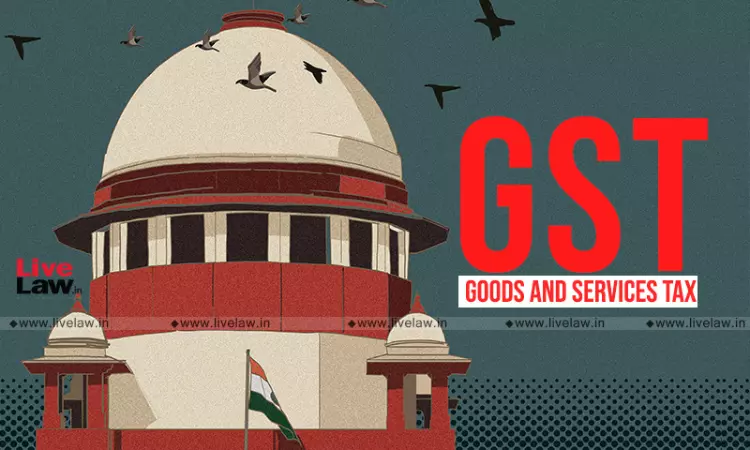Supreme Court Issues Notice On Pleas Challenging Arrest & Summoning Powers Of GST Officials
Gyanvi Khanna
27 Aug 2023 5:20 PM IST

Next Story
27 Aug 2023 5:20 PM IST
The Supreme Court on August 25 issued notice in two similar writ petitions filed under Article 32 of the Constitution of India, challenging the constitutional validity of several provisions of the Central Goods and Services Tax Act, 2017 (CGST Act) including Section 69 (i.e., power to arrest), 70(1) (i.e., power to summon persons to give evidence and produce documents). The Court has...
